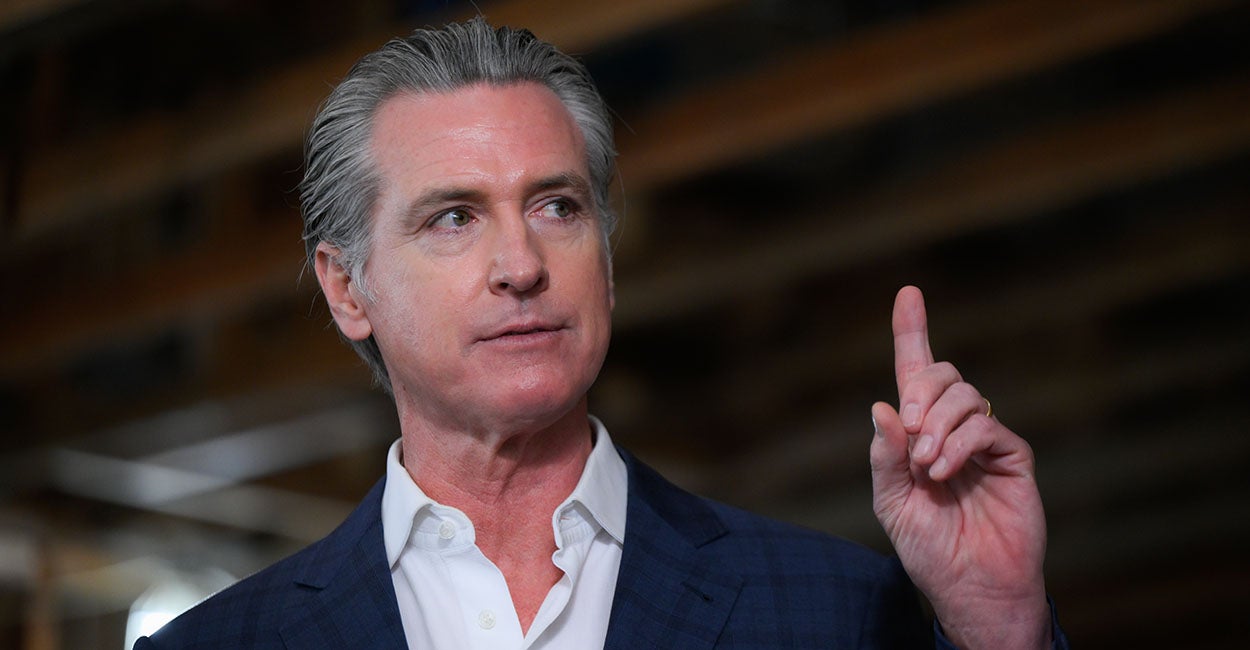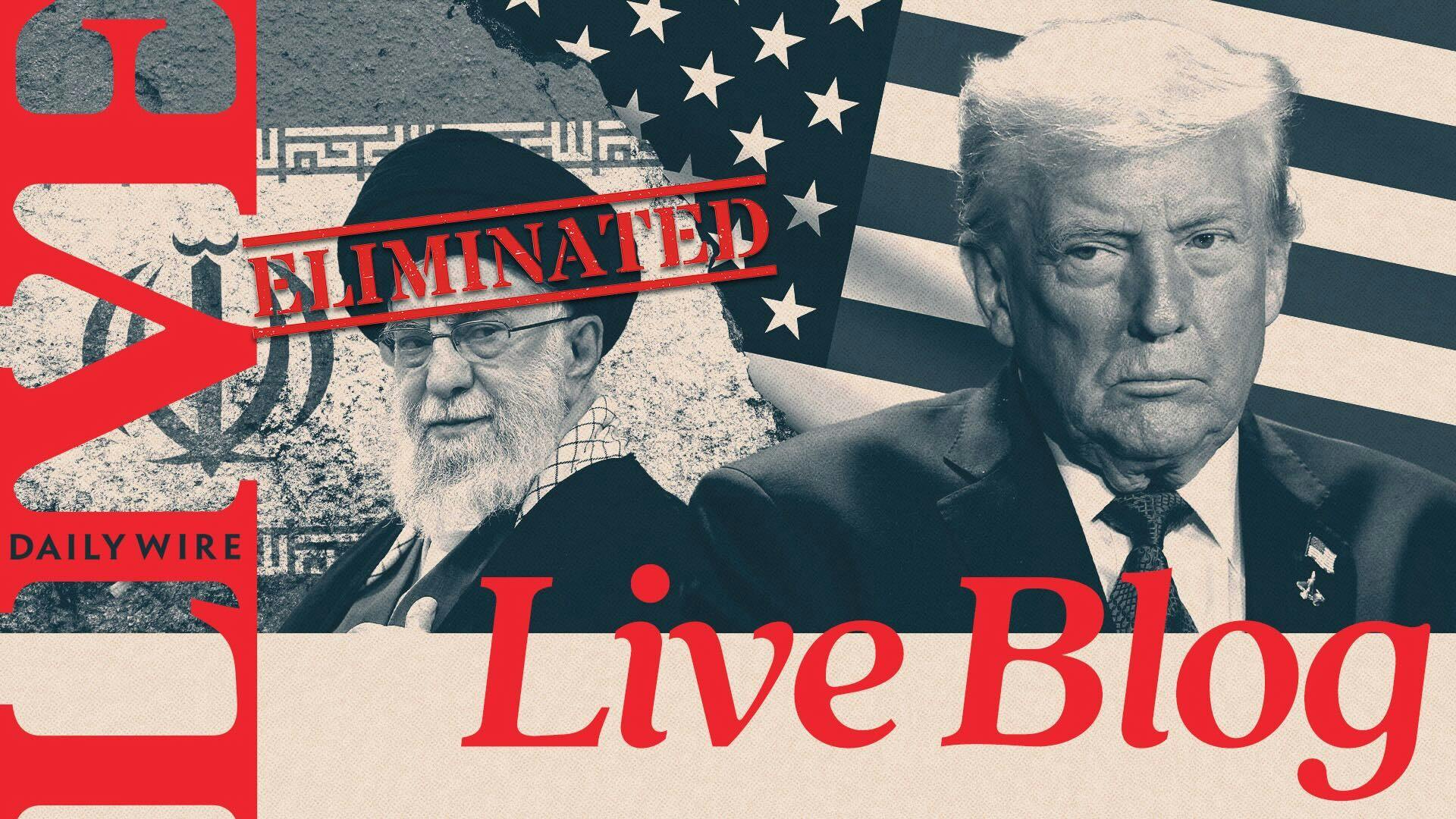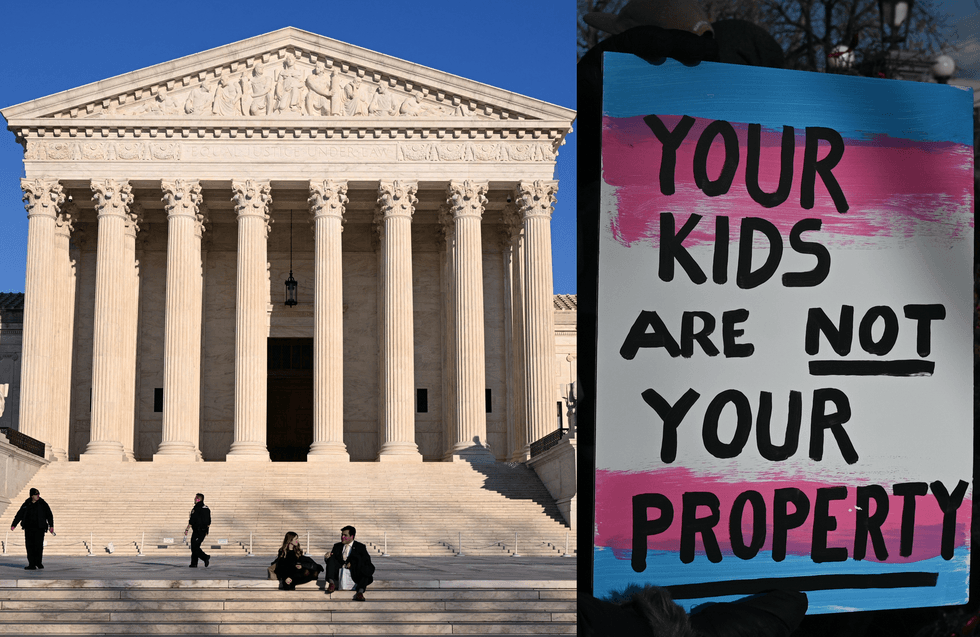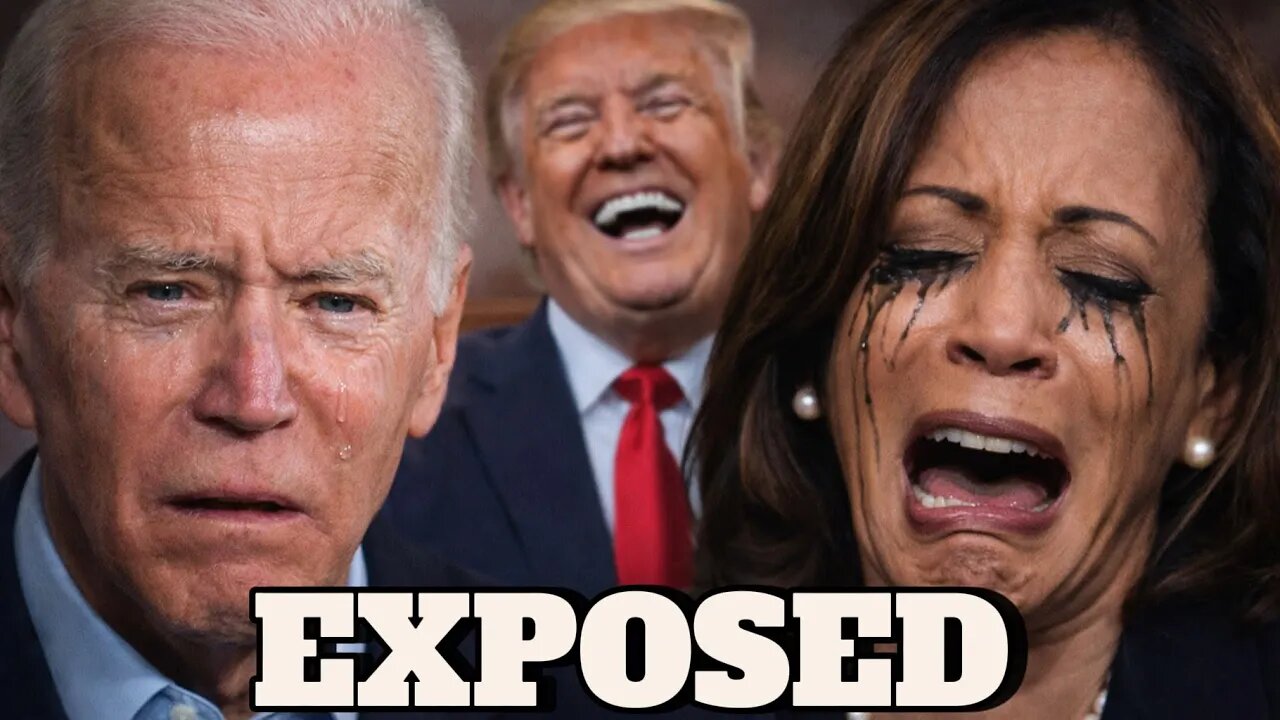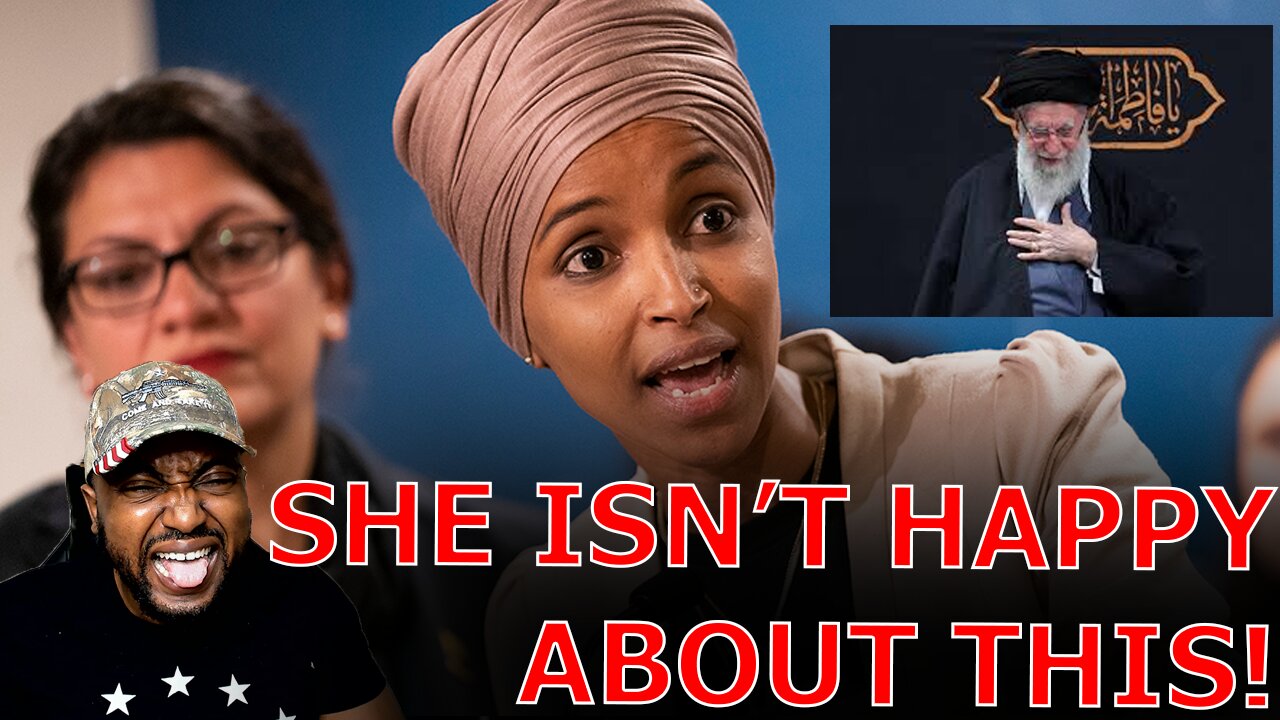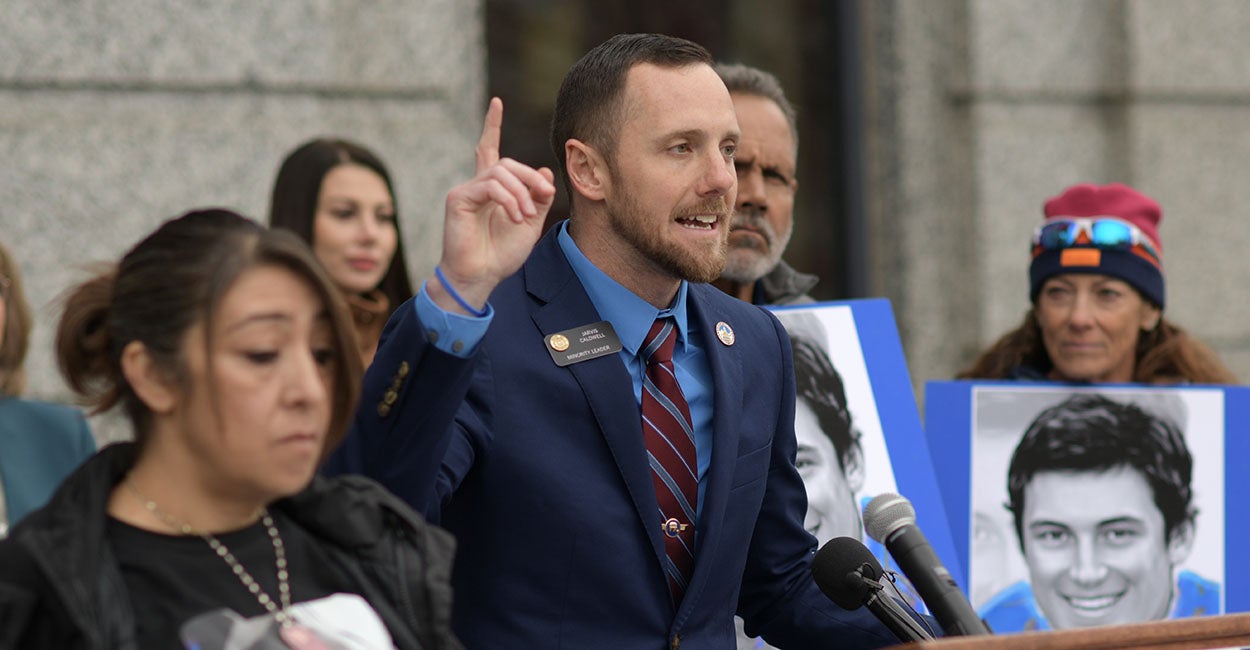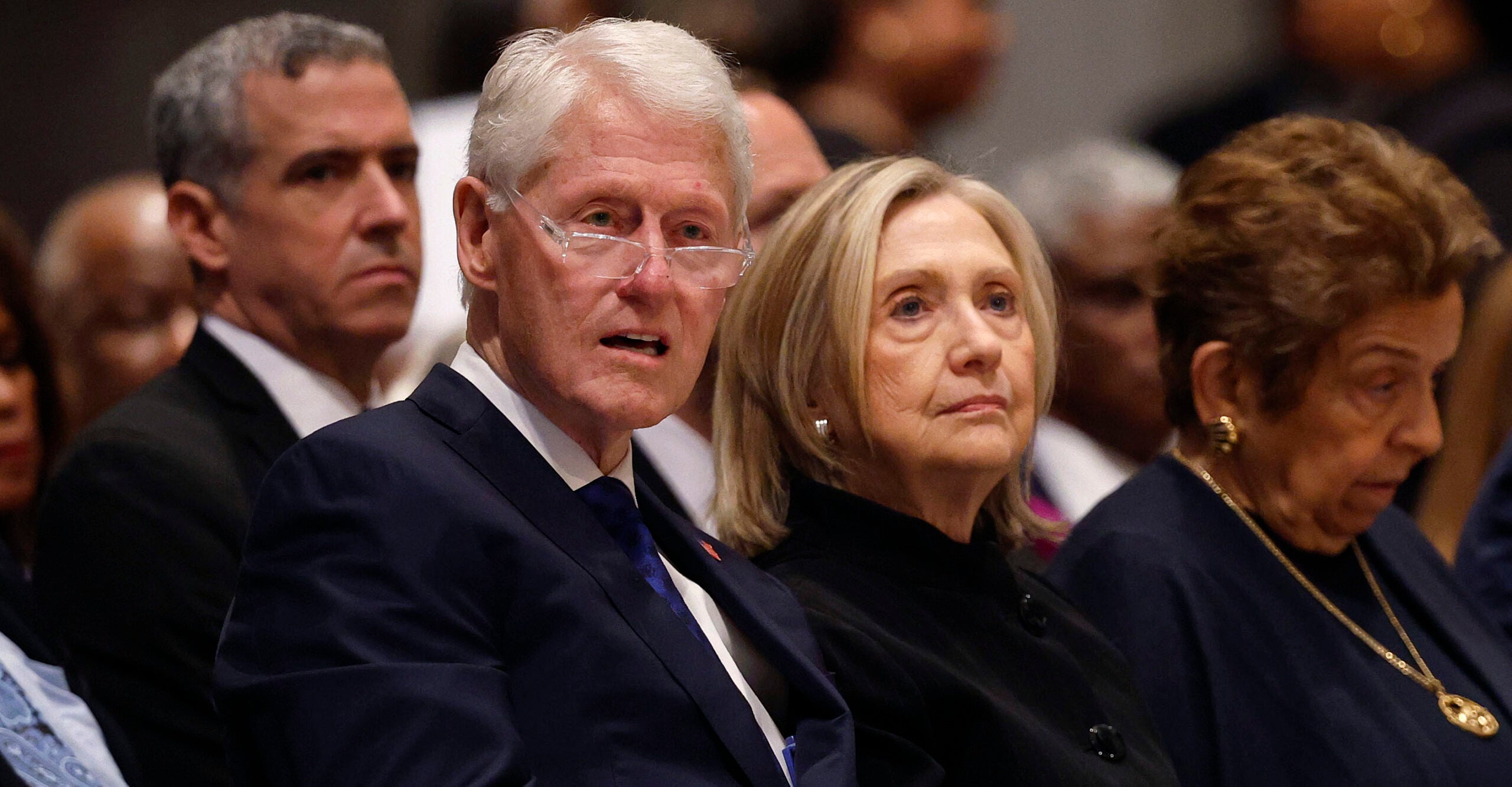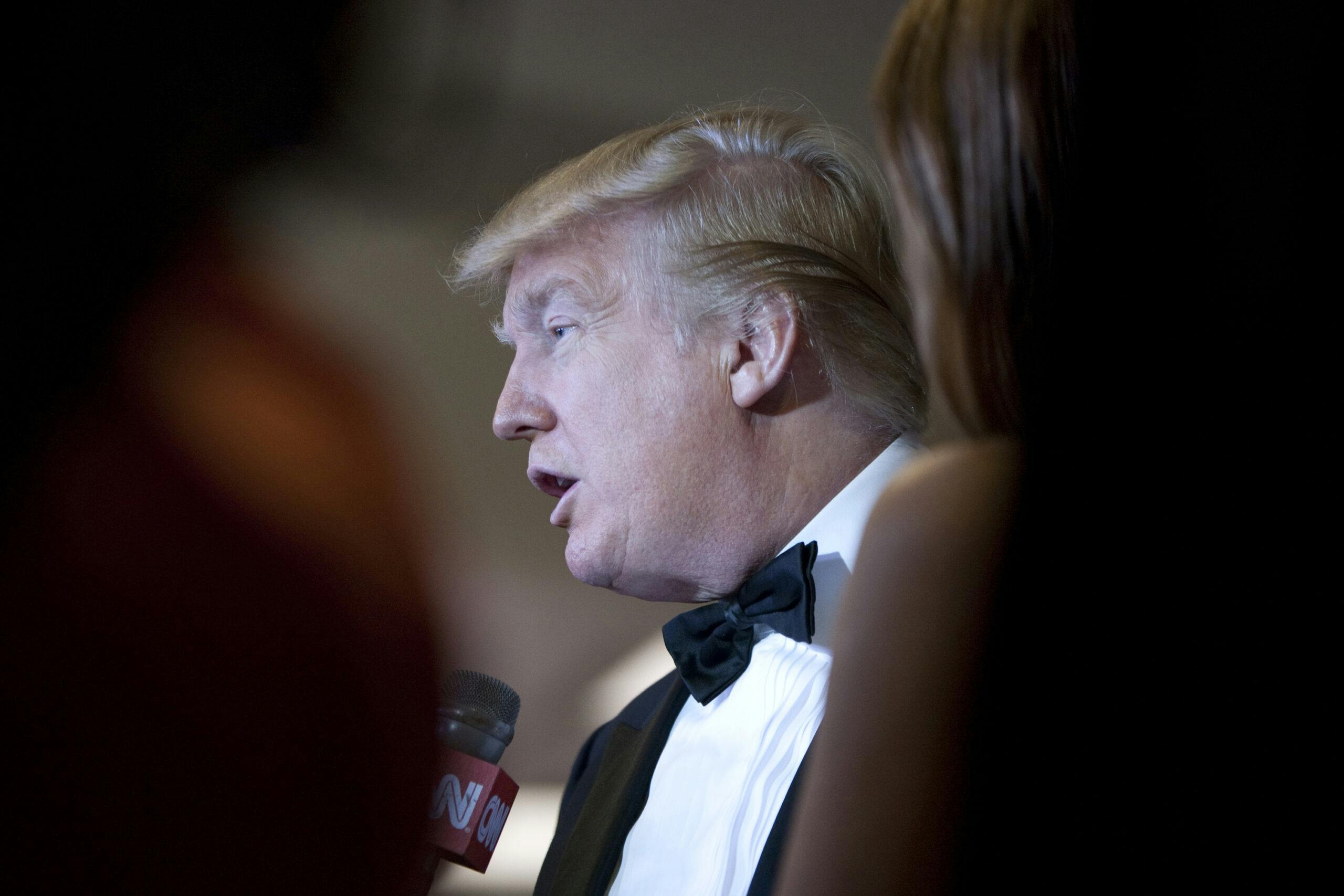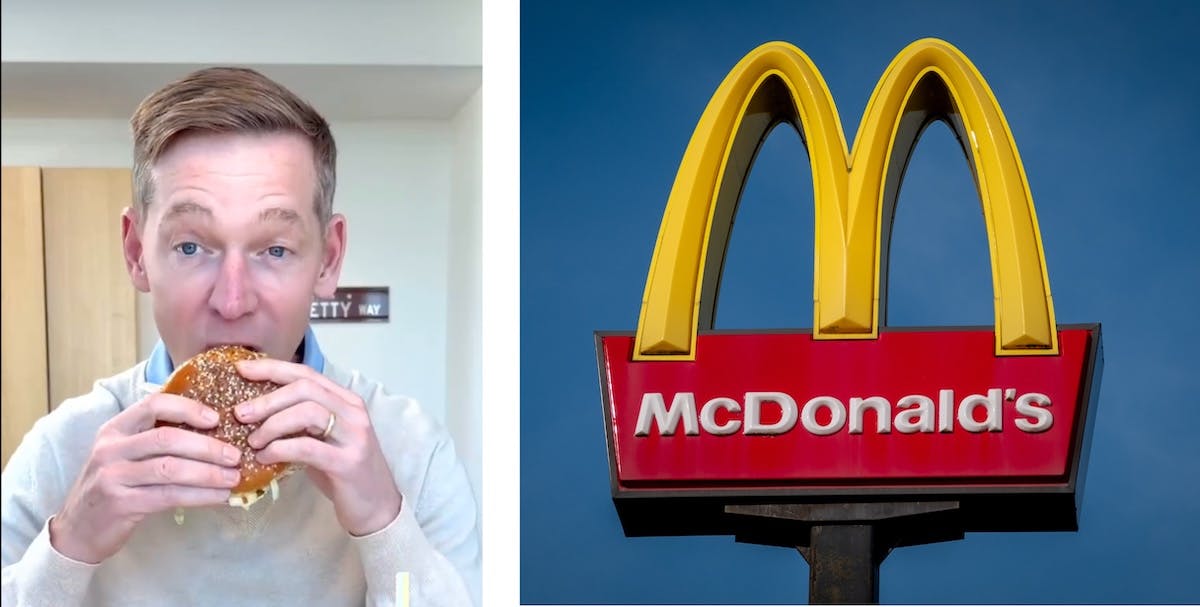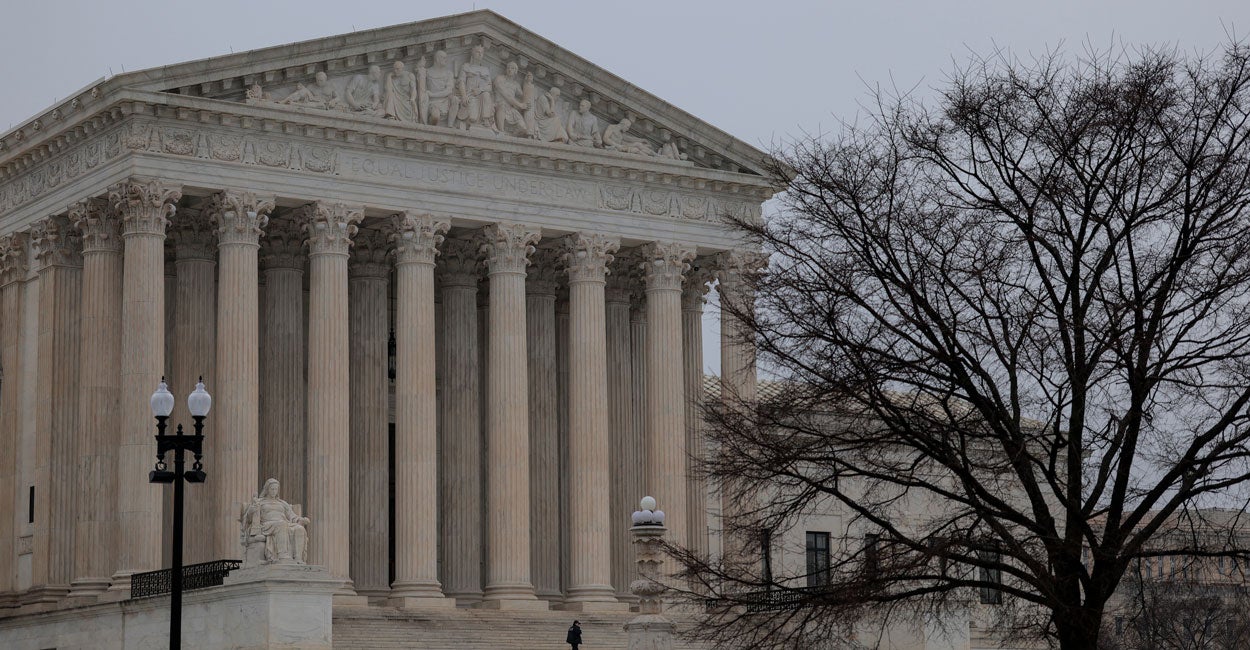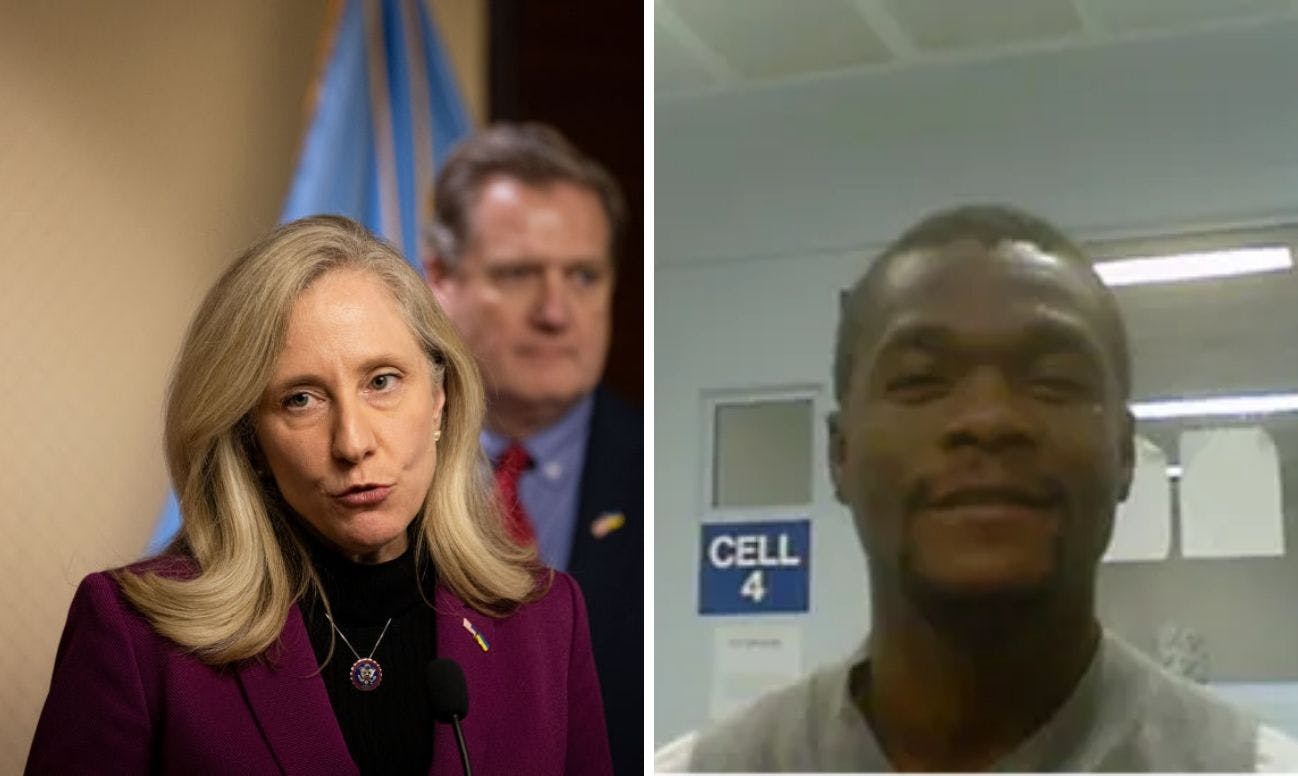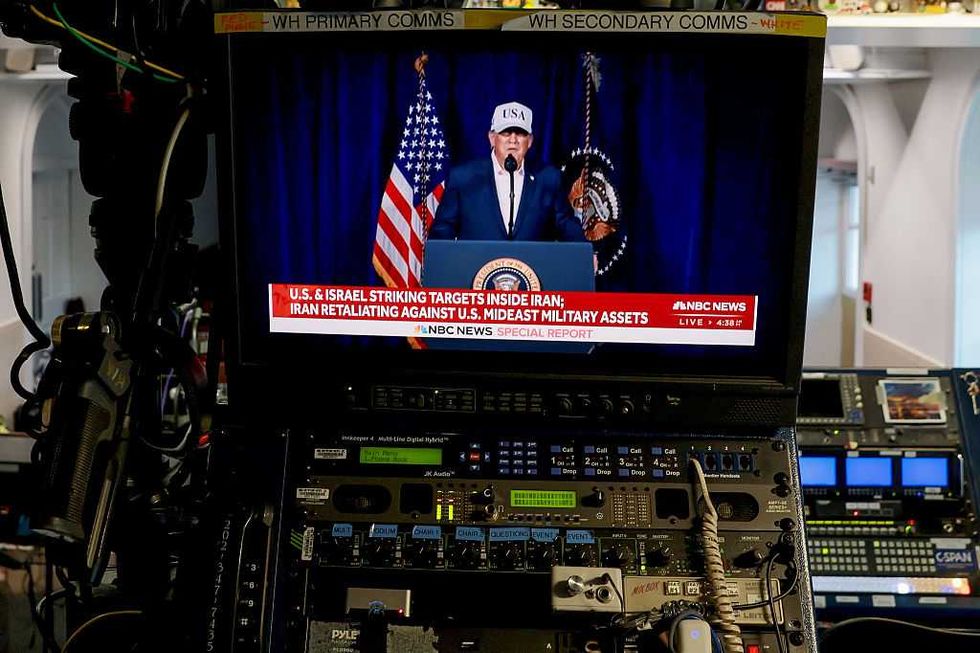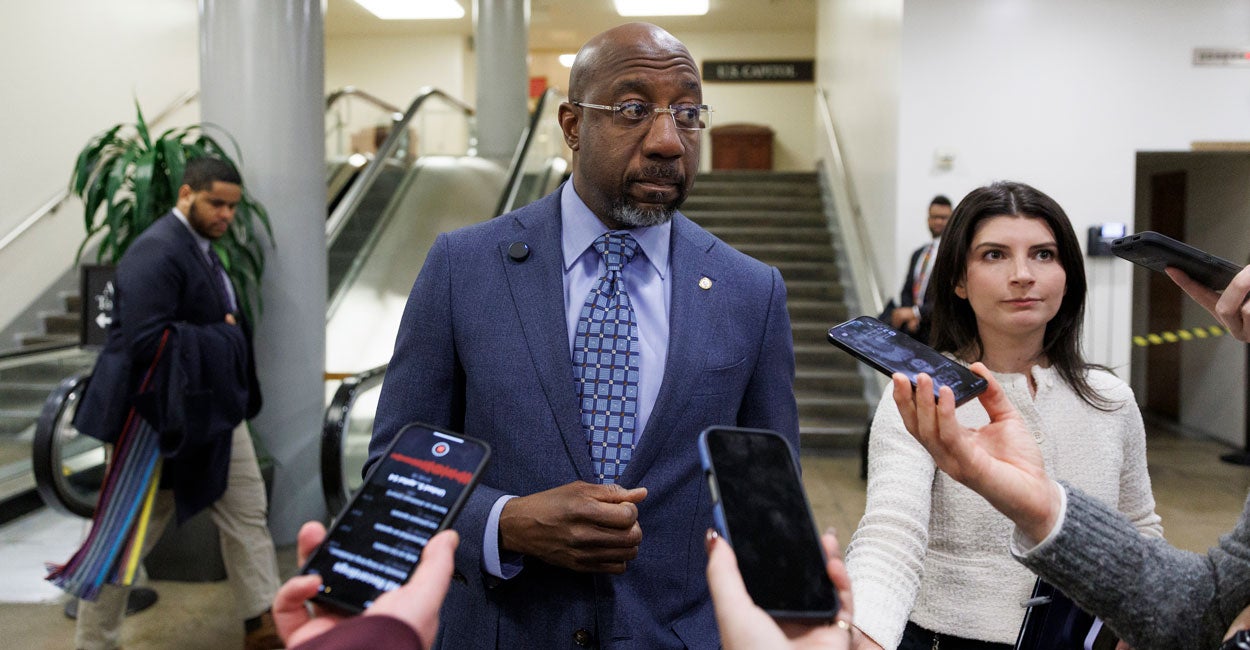What to Know About Trump’s Proposed Terms to Give Top Universities Preferential Funding

The Trump administration is currently listening to feedback from colleges and universities asked to sign a compact to adhere to the administration’s education agenda in exchange for preferential funding, a White House official told The Daily Signal.
Live Your Best Retirement
Fun • Funds • Fitness • Freedom
Education experts say President Donald Trump’s offer to expand the compact to any institution “willing to help bring about the Golden Age of Academic Excellence” could transform higher education.
“This is really one of the first times that there’s been a formal statement about what the federal government’s interest [is] in spending literally hundreds of billions of dollars on higher ed each year,” said Michael Shires, vice chair of America First Policy Institute’s Center for Education Opportunity. “This is the first statement of [its] kind of what the federal government expects in return.”
On Oct. 1, the White House invited nine elite universities to sign a “Compact for Academic Excellence in Higher Education” in order to gain preferential federal funding. At least seven of the nine have declined to sign it in its current form. Colleges have until Nov. 20 to send suggested revisions.
But Trump expanded the invitation beyond the University of Arizona, Brown University, Dartmouth College, Massachusetts Institute of Technology, University of Pennsylvania, University of Southern California, University of Texas, University of Virginia, and Vanderbilt University.
The administration encourages any university committed to implementing “common sense principles, like student equality, financial responsibility, merit-based hiring, and civil discourse, to engage with the administration,” according to the White House official.
The official added that the administration wants universities to “prioritize academic excellence and to serve as laboratories of American greatness.”
This is one of the Trump administration’s many efforts to straighten out a higher education system that the president says “has lost its way, and is now corrupting our Youth and Society with WOKE, SOCIALIST, and ANTI-AMERICAN Ideology that serves as justification for discriminatory practices by Universities that are Unconstitutional and Unlawful.”
The compact addresses “Equality in Admissions”; “Marketplace of Ideas & Civil Discourse”; “Nondiscrimination in Faculty and Administrative Hiring”; “Institutional Neutrality”; “Student Learning”; “Student Equality”; “Financial Responsibility”; and “Foreign Entanglements.”
Some schools have competing factors to evaluate as they wait to see if they will receive a formal invitation. The University of Southern California, for instance, must consider if it would benefit more from the Trump administration’s preferential treatment or from remaining in the good graces of Democrat Gov. Gavin Newsom.
“If any California University signs this radical agreement, they’ll lose billions in state funding—including Cal Grants—instantly,” Newsom said.
Higher education is in crisis, but the federal government needs to be careful about expanding its role in education, according to Madison Marino Doan, an education expert at The Heritage Foundation.
“Facing a crisis in higher education, the Trump administration’s ‘Compact for Academic Excellence’ seeks to restore America’s colleges to their rightful place as the world’s leading postsecondary institutions,” Doan told The Daily Signal.
She said federal officials can accomplish the compact’s goals in a way that avoids expanding the federal government’s role in higher education.
“Many of the provisions can already be found in federal law,” she said. “Meanwhile, state officials can consider these ideas, too, to ensure that their institutions remain, or become, both academically rigorous and financially responsible.”
Shires, on the other hand, said the federal government is the entity writing billions of dollars of checks to universities.
“There’s all of these ways that the federal government is underwriting the higher education enterprise,” he told The Daily Signal, “and I think the taxpayers are entitled to say, ‘Hey, we want you to follow basic American values while you’re doing that.’”
Highlights of the 10-point compact include provisions capping international students at 15% of the undergraduate student body; banning race-based admissions and faculty hiring; “abolishing institutional units” hostile to conservative ideas; preventing disruptions caused by student protests; adopting policies banning employees from making political statements on behalf of the university; and adopting biological definitions of sex.
For the past 70 years, the relationship between higher ed and government has entailed the government writing checks and trusting universities to do good things with the money, Shires said. That has worked well, as the American higher education system is the envy of the world, but in recent years, Americans have become more aware of the left-wing political ideology that has infiltrated the system, he added.
“Everybody assumed that universities were on the same page as they were, and all of a sudden, everybody became aware that they weren’t,” Shires said.
While he expects universities to request minor revisions to the compact, he thinks some states will have their university systems join.
“This is really about having a conversation about what [higher education] is, what are our goals, and what are the boundaries, in terms of what we’re trying to do in higher education,” Shires said.
The post What to Know About Trump’s Proposed Terms to Give Top Universities Preferential Funding appeared first on The Daily Signal.
Originally Published at Daily Wire, Daily Signal, or The Blaze
What's Your Reaction?
 Like
0
Like
0
 Dislike
0
Dislike
0
 Love
0
Love
0
 Funny
0
Funny
0
 Angry
0
Angry
0
 Sad
0
Sad
0
 Wow
0
Wow
0
